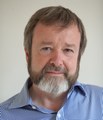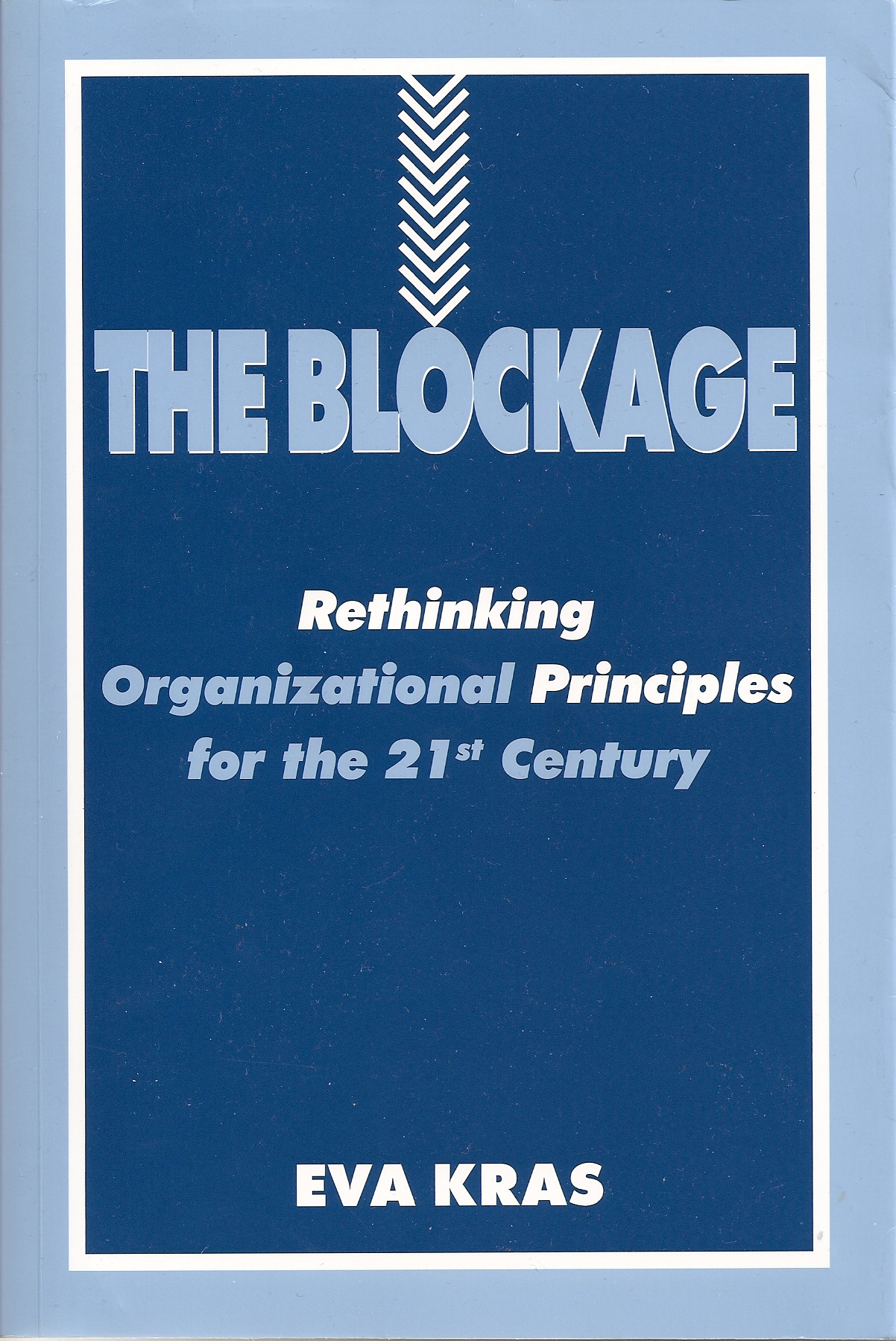Design with Nature: Leading change in development practices starts with an understanding of "How We Think"
HOW WE THINK: How It Affects Sustainability
Eva Kras is a visionary, scholar, university professor, lecturer, traveler and author of THE BLOCKAGE–Rethinking Organizational Principles for the 21st Century. Over the past 5 years, Eva Kras has contributed her knowledge and wisdom to CAVI-Convening for Action on Vancouver Island, an initiative under the umbrella of the Water Sustainability Action Plan for British Columbia.
In May 2015, she represented the International Society for Ecologic Economics when she presented her paper on How We Think: How It Affects Sustainability at the Management International Conference (MIC) 2015 on Managing Sustainable Growth. This international conference was held in Slovenia.
This paper is relevant to those who are leading implementation of land development practices that achieve desired ‘Design with Nature’ outcomes, where settlement and economy are in balance with ecology.
Consequences of Short-Term Thinking
At the end of the 20th century the sustainability concept was mainly a basis for developing policies consistent with a continued use of resources into the future without causing environmental crisis. But the situation has evolved, and the global economic crisis in 2009 was the ultimate consequence of short-term economic thinking.
“The MIC 2015 focus is on the need for a new form of economic development, addressing the needs of the present without undermining the needs of the future. Sustainable development requires us to take a long term view of the economy, rather than adopting short-term fixes,” says Eva Kras.
Two Types of Thinking Processes
 The paper by Eva Kras deals with the revelations resulting from new research by Dr. Iain McGilchrist into the two types of thinking processes – Left Hemisphere (short-term + pragmatic = ‘show me the money’) and Right Hemisphere (long-term + holistic = ‘leap of faith’). Her paper is intended to provide a bridge between the research and its potential for application in the world of business.
The paper by Eva Kras deals with the revelations resulting from new research by Dr. Iain McGilchrist into the two types of thinking processes – Left Hemisphere (short-term + pragmatic = ‘show me the money’) and Right Hemisphere (long-term + holistic = ‘leap of faith’). Her paper is intended to provide a bridge between the research and its potential for application in the world of business.
“The research by Iain McGilchrist can answer a lot of questions for our everyday lives and work related to business,” continues Eva Kras. “He draws attention to the pressing need to achieve a new viable balance between the two types of thinking processes. Which is the Master and which is Emissary? Mainstreaming the research results has the potential to change how we view and achieve Sustainability.”

Towards Balanced Thinking
“Our present global and societal problem is that short-term thinking governs much of what we do. In many organizations, the long-term view has somehow become excluded over many generations. And in society as whole, it seems that only Left Hemisphere logical, rational thinking has been accepted as valid.”
“Both ways of thinking are important, but the sad part is that we have convinced ourselves that the Left Hemisphere can do EVERYTHING. The new research by Ian McGilchrist now ‘turns the table’ because it demonstrates the true and indispensable role of the Right Hemisphere for ALL sustainable development work. A key finding is that we need to re-learn basically ‘how we think’, using both hemispheres.”
“This would switch things around to achieve a viable balance between the two types of thinking processes: THE RIGHT HEMISPHERE ‘sees the big, long term picture’ of the world, and THE LEFT HEMISHERE finds ways of putting these ideas gained from the Right Hemisphere, into practice,” concludes Eva Kras.
To Learn More:
To download a copy of the conference paper by Eva Kras, click on HOW WE THINK: How It Affects Sustainability.
THE BLOCKAGE: Rethinking Organizational Principles for the 21st Century
In her book THE BLOCKAGE, Eva Kras searches beyond organizational policy levels to the principles and values on which the policies of major decision makers are directly dependent. Based upon the observations and wisdom of visionaries such as Willis Harman, E.F.Schumacher and Albert Einstein, Eva Kras makes the case that sustainable governance calls for a serious rethink of our societal values and governance processes.





